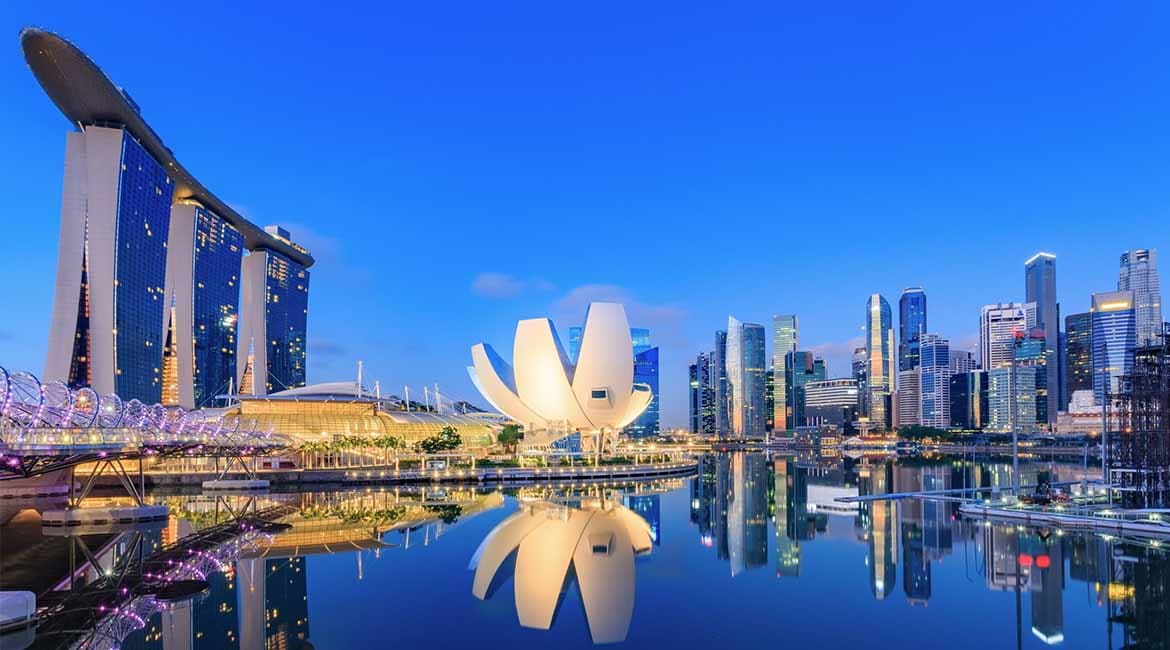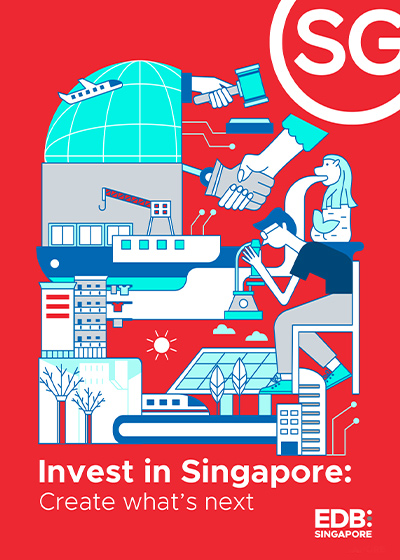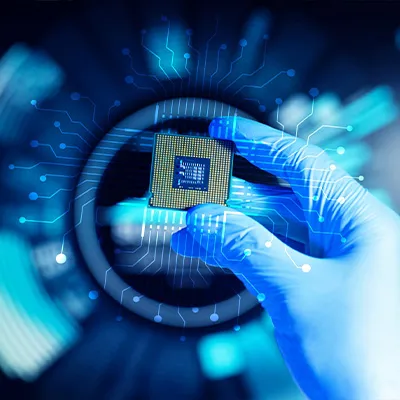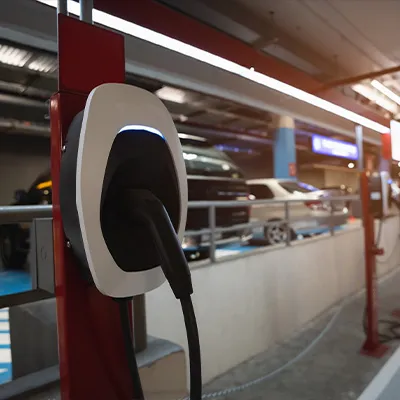Global technology firm Dyson is setting up a next-generation battery plant in Singapore as part of plans to double its advanced manufacturing footprint this year.
This will be Dyson’s first proprietary new technology battery plant, the company said in a statement on Wednesday (May 3).
The new factory in Tuas is the size of 53 basketball courts, and is “the most significant investment in advanced manufacturing in Dyson’s history”, it added.
The building is expected to be completed this year and will become fully operational by 2025. It will produce Dyson battery cells with proprietary technology for its new products, the company said.
Founder James Dyson said this next-generation battery technology will “drive a major revolution” in the performance and sustainability of its machines.
The new battery uses “novel materials and processes and is assembled in a smart, digitally enabled environment”, Dyson said. The firm started its in-house battery programme more than a decade ago to pioneer “smaller, lighter, more sustainable and more energy-dense” batteries.
“Singapore’s highly skilled engineers and scientists, and supportive government that embraces Industry 4.0 manufacturing, make it the perfect place for a high-technology company such as Dyson,” said Chief Executive Roland Krueger.
Dyson’s plans for Singapore are part of an ongoing five-year investment roadmap that costs £2.75 billion (S$4.58 billion). Last year, the company said it would invest S$1.5 billion in Singapore over four years as it launched its new global headquarters in the Republic.







